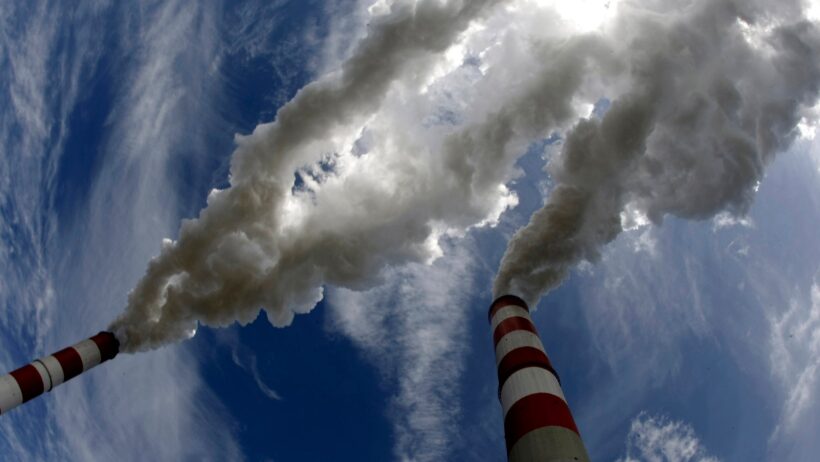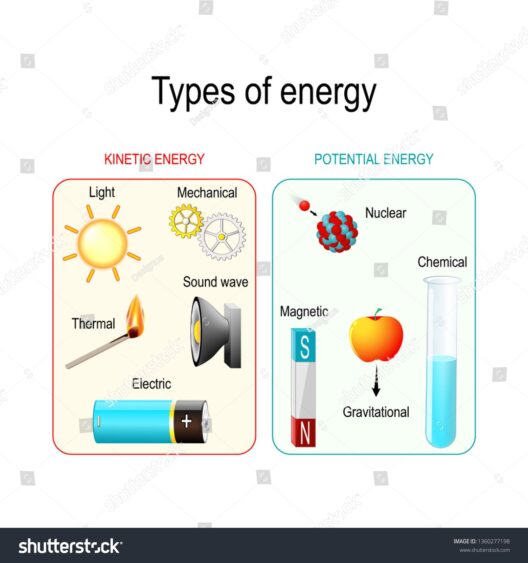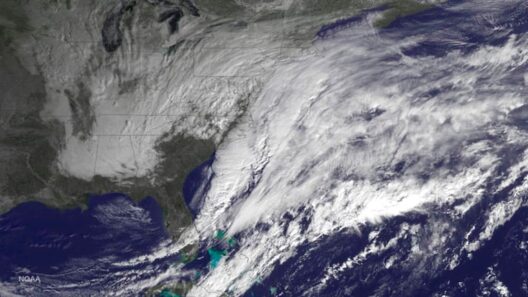Global warming, a significant aspect of climate change, has become an increasingly pertinent issue within contemporary discourse. The scientific community has expended considerable effort to ascertain the authenticity of global warming. This inquiry hinges on a plethora of data, empirical research, and theoretical frameworks that collectively form the bedrock of climatic science. The fundamental question arises: Has global warming truly been proven by scientists?
To comprehend the consensus surrounding global warming, one must first explore the foundational principles underpinning the Earth’s climate system. The Earth’s climate is influenced by an intricate interplay of natural and anthropogenic factors. Solar radiation, atmospheric composition, and oceanic patterns drive this complex system. However, an overwhelming body of scientific literature indicates that human activities—particularly the burning of fossil fuels and deforestation—have significantly augmented the concentration of greenhouse gases in the atmosphere. These gases trap heat, leading to an increase in global temperatures.
The Intergovernmental Panel on Climate Change (IPCC) serves as the authoritative body synthesizing global climate research. Since its inception, the IPCC has produced comprehensive assessment reports, collating findings from diverse studies. Notably, the Fifth Assessment Report (AR5) unequivocally affirmed that human influence on the climate system is evident, and the increase in global average temperatures is unprecedented, particularly in the last century.
Numerous indicators confirm that global warming is not a hypothetical construct but a scientifically validated phenomenon. For instance, global surface temperatures have risen markedly since the late 19th century. According to data compiled by the National Oceanic and Atmospheric Administration (NOAA), the last decade has consistently ranked among the hottest on record. This empirical data is compelling, highlighting a persistent upward trend in temperatures globally.
Moreover, the effects of global warming are palpable and multifaceted. Ice cores from Greenland and Antarctica reveal a stark climate history over hundreds of thousands of years, showing that current atmospheric carbon dioxide levels far exceed those in pre-industrial times. The melting of polar ice caps and glaciers, attributed to rising temperatures, poses a direct threat to biodiversity and global sea levels. The ramifications are profound, presenting challenges that transcend national borders.
In addition to temperature changes, environmental phenomena such as ocean acidification, which results from increased atmospheric CO2, further underscore the dire implications of uncontrolled greenhouse gas emissions. Marine ecosystems, particularly coral reefs, are profoundly affected, leading to the loss of marine biodiversity and fisheries that sustain millions globally. This interconnection between climate health and ecological integrity illustrates the extensive and detrimental impact of global warming.
Furthermore, it is essential to acknowledge the role of extreme weather events in elucidating the reality of global warming. The frequency and intensity of hurricanes, droughts, and wildfires appear to be exacerbated by our changing climate. For instance, recent hurricanes have shown unprecedented strength, a phenomenon scientists attribute to warmer ocean temperatures. This connection exemplifies how climate change manifests in real-world scenarios, affecting lives, livelihoods, and economies.
Despite comprehensive scientific evidence, skepticism about the reality of global warming persists. Some individuals question the validity of climate models and argue that climate has fluctuated historically due to natural variability. While it is undoubtedly true that climate has undergone changes in the past, the current trajectory is alarming due to the rapid rate at which it is occurring, exacerbated by anthropogenic factors. Peer-reviewed research categorically demonstrates that the collective human activities are the principal drivers of this accelerated warming.
To bridge the gap between skepticism and acceptance, effective communication of scientific findings is crucial. Scientists and environmental advocates must convey complex climate data in a relatable manner. Enhancing public understanding of climate change may involve using analogies and storytelling techniques, emphasizing the urgency of collective action. Moreover, engaging communities in local environmental initiatives can inspire tangible changes and foster a sense of stewardship toward the planet.
It is imperative to highlight that addressing global warming requires global cooperation. Initiatives like the Paris Agreement exemplify collective resolve to mitigate climate change by limiting global temperature rise. This accord underscores the importance of internationally coordinated efforts to reduce carbon emissions and transition toward a sustainable future. Countries must commit to adopting renewable energy sources, improving energy efficiency, and fostering sustainable agricultural practices to achieve these goals.
In summary, the scientific community has robustly established that global warming is a proven phenomenon, predominantly driven by human actions. The evidence is vast, spanning temperature records, ecological impacts, and the escalation of extreme weather events. While skepticism exists, the overwhelming consensus among scientists elucidates the need for urgent action. Educating the public, fostering collaboration, and implementing sustainable practices will be paramount in combating the existential threat that global warming poses to our planet. As stewards of Earth’s future, addressing this challenge must be a collective priority for governments, organizations, and individuals alike.








